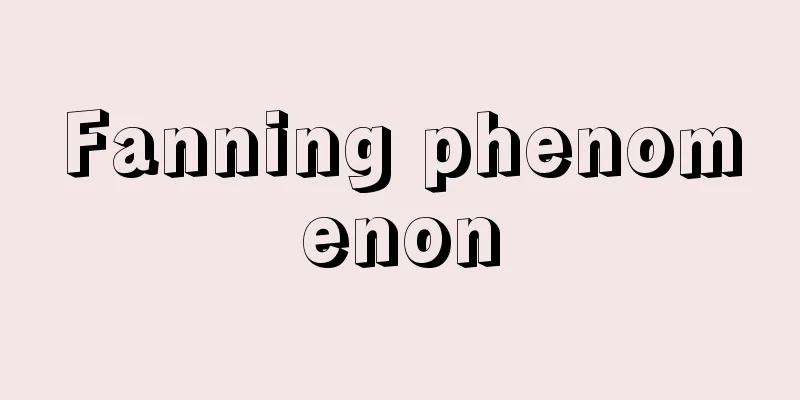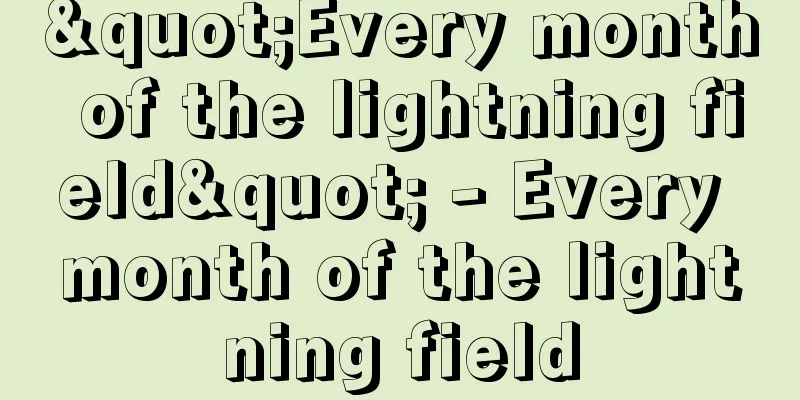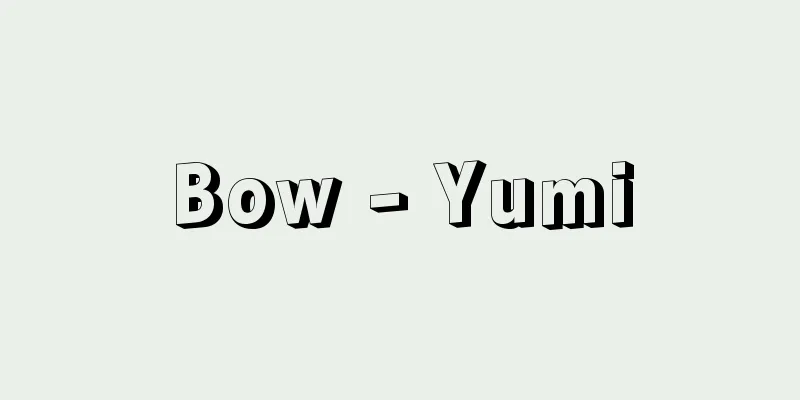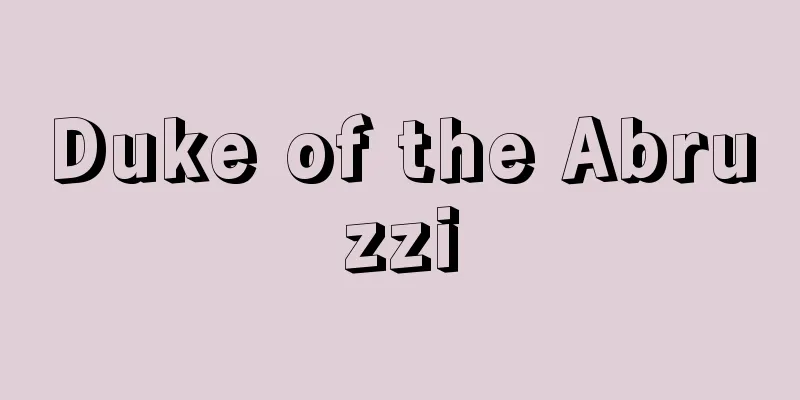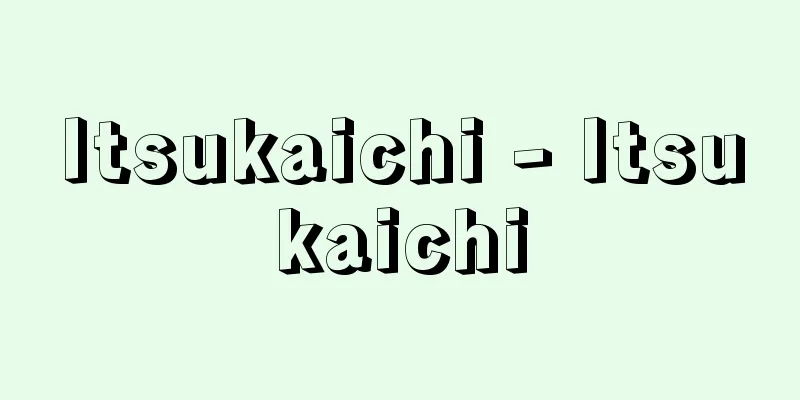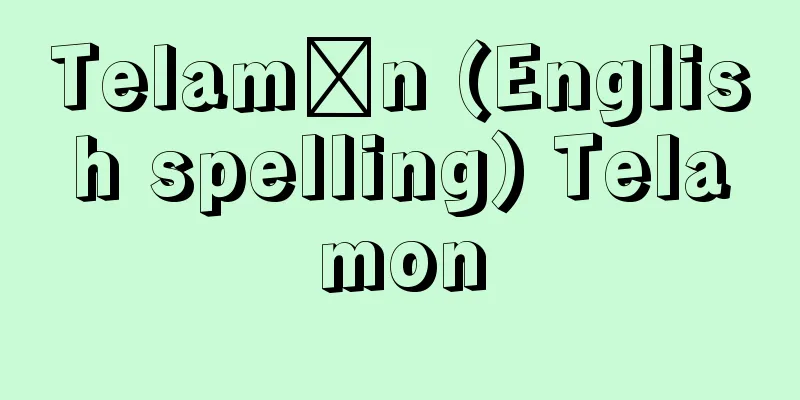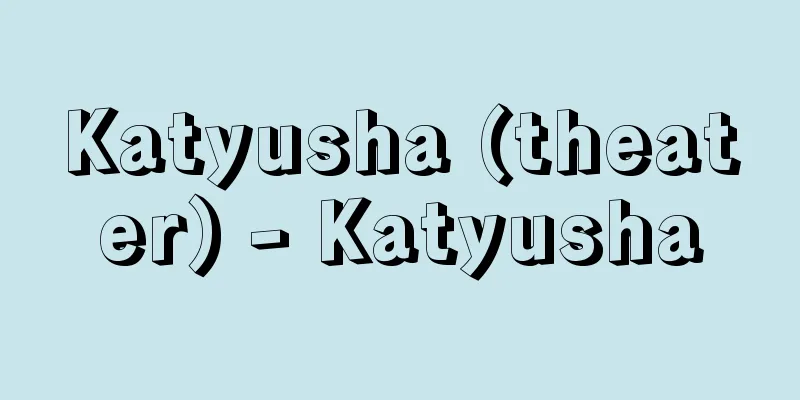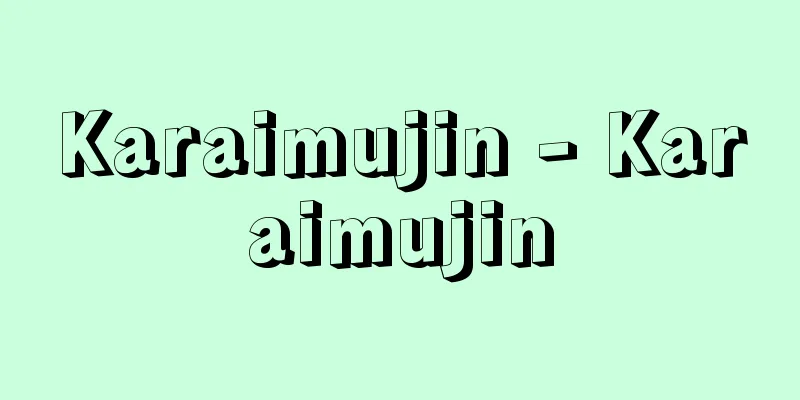Napoleonic Wars
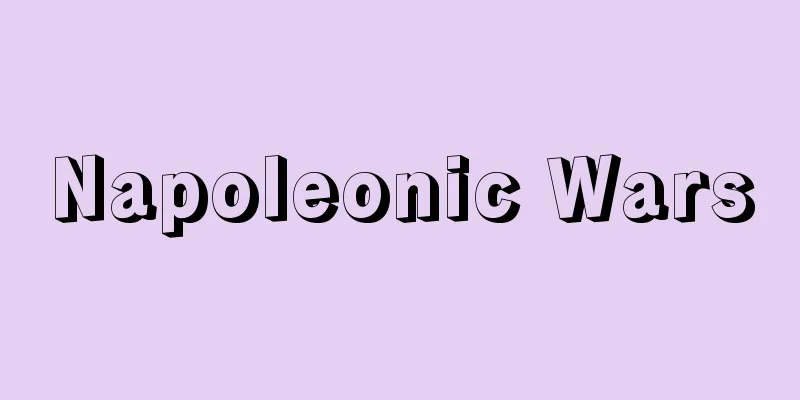
|
As the French Revolutionary Wars were waged by the Directory, Napoleon served as commander-in-chief in the First Italian Campaign (1796) and the First Egyptian Campaign, but this term refers to the wars during his First Consulship and First Empire, including these. The Revolutionary Wars were triggered by the Pillnitz Joint Declaration of 1791 between Austria and Prussia against revolutionary France. At that time, the countries of the continental Europe were still based on the old ruling system, which was based on the landowning aristocracy, and they created a large-scale international landlord reactionary front to prevent the spread of the French Revolution. Meanwhile, France launched a defensive war against the Revolution, but this also caused the Revolution to intensify domestically. Looking at the international relations of Europe, the remaining country, Britain, had established a civil society, had already begun the Industrial Revolution and was in the stage of full-scale machine production, and had to maintain solidarity with the continental countries as a sales market for machine products and colonial goods, and a purchasing market for food and timber. Therefore, Britain had no choice but to participate in the wars of the continental countries, whether in the form of financial support or in the form of sending troops, and this was the basis for the formation of the Grand Coalition against France, which lasted seven times from the Revolutionary Wars to the Napoleonic Wars. However, in the Napoleonic Wars, the dictatorial power of the emperor required a domestic military boom and continental conquest to support his glory, and the nature of the war of aggression became clear. The turning point was the First Italian Campaign, commanded by Napoleon under the Directory. Not only did he send 50 million francs and art treasures to the government through his military success in this campaign, but he also secured control over the left bank of the Rhine and the Italian regions. For the countries of the European continent, Napoleon's advance was seen as destroying the old ruling system through the introduction of the Napoleonic Code and the revolutionary principles of 1789, so there were reasons for the war to continue. Looking at the Napoleonic Wars from the perspective of military history, three points can be noted. First, the wars in France took the form of modern national wars, while the wars of the continental countries were still feudal wars. The French Revolution completely liberated the people from feudalism, and created a large army made up mainly of peasants, who made up more than 90% of the total population. As citizens, they implemented the defense of the country through universal conscription. The expeditions were an export of the revolution and the liberation of the people from feudalism, and there was also a conscious aspect that victory in war was a national honor. In contrast, Austria, Russia, Prussia, and other countries still sent armies to the front that were made up of forced organizations of unfree peasants and mercenaries. Secondly, Napoleon's army and materials were all prepared for the revolution. As the German military man Clausewitz stated, a large military force that the continental countries had never dreamed of suddenly appeared, and war became the work of the people. For this reason, the experience of the revolutionary wars led to the traditional skirmishing being arranged in columns. On the other hand, the weapons were field guns and flintlock guns from the old system, which were handed over to Napoleon after the revolutionary wars. Finally, one point that cannot be overlooked is Napoleon's strategy. Breaking this down, the book by Du Theil that he read in his youth stated the principle that "in the end, the number of troops and artillery will decide the outcome of the war," and the book by Count Guibert taught the importance of concentrating forces and swift attack, but the true value of these principles was not revealed until Napoleon's genius was realized. His spirit, tenacity, agility, natural leadership, and imagination were evident from his youth, but his knowledge of military forces and their use clarified his ideas of military strategy and tactics through his military experience, and military science underwent a revolution. His military and political genius was thus supported by extraordinary mental strength and intelligence, especially his imagination, and complemented by his instinct to adapt to the situation. Later military historians have summarized his strategy as the sophistication of military mobility and the central breakthrough through the concentration of forces at one point, but what it brought to modern warfare was rather a revolution in old strategies. However, even he could not escape historical limitations. His basic strategy was in its formative stages during the Italian campaign, and was adapted to the hilly regions of Central Europe. Because his area of operation was the so-called civilized agricultural region, he cut back on his supplies to the bare minimum and followed the principle of local self-sufficiency. However, history has shown that this did not work in the battles in the mountains of Spain (the Spanish War of Independence) or on the plains of Russia (the Moscow campaign). [Koji Inoue] [References] | | | | | | | |Battle | | | | [Chronology] |©Shogakukan "> The Napoleonic Wars (1810-1830) Source: Shogakukan Encyclopedia Nipponica About Encyclopedia Nipponica Information | Legend |
|
フランス革命戦争が総裁政府によって行われるなかで、ナポレオンは総司令官として第一イタリア遠征(1796)、エジプト遠征を指揮したが、それらを含め彼の第一執政期、第一帝政期の戦争を総括していう。 革命戦争は、1791年オーストリアとプロイセンとの、革命フランスに対するピルニッツの共同宣言を契機として誘発されたもので、当時ヨーロッパ大陸諸国はなお大地主貴族を社会基盤とする旧支配体制をとり、フランスの革命の波及を防止するために大規模な国際的地主反動の戦線をつくった。一方、フランスとしては革命の防衛戦を展開したが、これが国内的には革命激化の原因ともなった。ヨーロッパの国際関係をみると、残るイギリスは市民社会を確立し、すでに産業革命を開始して本格的機械生産の段階にあり、機械製品と植民地物産の販売市場、食料、木材の購入市場としての大陸諸国と連帯関係を維持しなければならなかった。したがって大陸諸国の戦争に、イギリスは資金援助の形をとるか、出兵の形をとるか、いずれにしても参加しないわけにいかず、これが、革命戦争からナポレオン戦争に至る7回にわたる対仏大同盟の成立根拠であった。しかし、ナポレオン戦争となると、皇帝の独裁権力はその栄光を支える国内軍需景気と大陸征服を不可欠条件とすることになり、侵略戦の性格を明らかにしてくる。その転機となったのは、総裁政府下にナポレオンの指揮した第一イタリア遠征であった。この遠征で、彼は軍事的成功によって政府に5000万フランと美術品を送ったのみか、ライン川左岸、イタリア諸地域の支配権を確保している。ヨーロッパ大陸諸国にとって、ナポレオンの進軍は、ナポレオン法典および1789年の革命原理の侵入によって旧支配体制を破壊させるものと理解された点からも、戦争が持続する理由があった。そこで戦史のうえからナポレオン戦争をみると三つの点が指摘される。 第一に、フランスの戦争は近代的国民戦争の形をとったのに対し、大陸諸国の戦争はいまなお封建的戦争であった点である。フランス革命は封建制から完全に国民を解放し、全人口の90%以上を占める農民を主体とする大軍隊を出現させ、市民として国民皆兵による国土防衛を実施し、遠征は革命の輸出、封建制からの住民の解放という側面と、戦勝は国民的名誉であるという意識的側面とがあった。これに対して、オーストリア、ロシア、プロイセンなどではなお不自由農民の強制組織、傭兵(ようへい)制度による軍隊を戦線に送った。第二に、ナポレオンの軍隊、資材はすべて革命の準備したものであった。ドイツの軍人クラウゼウィッツの述べるように、大陸諸国の夢想だにしなかった大兵力が突如として出現して、戦争は民衆の仕事になった。このため、革命戦争の経験から従来の散兵戦は縦隊配置をとることになった。一方、武器も旧制度時代の野砲、火打ち銃で、革命戦争を経てナポレオンに手渡されたものであった。最後に、どうしても見逃すことのできない点は、ナポレオンの戦略である。これも分解してゆくと、彼の青年期に読んだデュ・テーユの著書は、「やがて兵力の数と大砲が戦争を決定する」という原則をあげており、またギベール伯の著書は、兵力集中と攻撃の迅速性を教えていたが、その真価はナポレオンの天才的資質をまって発揮されることになった。行動の気迫と執拗(しつよう)さ、敏捷(びんしょう)、天性の指導力、構想力は少年時代から現れていたが、兵力やその運用についての知識は軍事的経験のなかで用兵、戦術の観念を明確にしてゆき、ここで兵学は一つの変革を遂げた。彼の軍事的、政治的天才はこうして異常な精神力と知力、とくに想像力に支えられ、状況に適応する本能がこれを補完した。後世の軍事史家は、彼の戦略は軍の機動力の高度化、兵力の一点集中による中央突破と要約するが、近代戦争に与えたのはむしろ旧戦略の変革であった。しかし、彼にしてもなお歴史的限界を免れられなかった。すなわち、彼の基本的戦略はイタリア遠征で形成期に入り、中部ヨーロッパの丘陵地帯に適応したもので、行動圏がいわゆる文明農業地域のために輜重(しちょう)も極度まで切り詰め現地自給を原則にしたが、これがスペインの山岳地帯における戦闘(スペイン独立戦争)やロシアの平原での戦闘(モスクワ遠征)に通用しなかったのは歴史の示すとおりであった。 [井上幸治] [参照項目] | | | | | | | | | | | | [年表] |©Shogakukan"> ナポレオン戦争(1810年のフランス帝… 出典 小学館 日本大百科全書(ニッポニカ)日本大百科全書(ニッポニカ)について 情報 | 凡例 |
<<: Legend of Napoleon (English: Légende napoléonienne) (French)
>>: Napoleon gold coin - Napoleon coin (English spelling) napoleon [France]
Recommend
Akogiura, Seshu
Bunraku puppet theater. Historical piece. One act ...
Saint Acheul (English spelling)
…the Early Paleolithic culture, whose reference s...
Ufuya - Ufuya
...In the second half of the 17th century, the nu...
Corner - Sumi
1. The corner of an enclosed area. "The fourt...
"Le Japon Artistique" (English)
...Furthermore, Hamburg-born naturalized Frenchma...
Fly fishing
A fly is a fly, but in fishing it is an artificia...
Isospace - Electrically charged space
Isospin is a physical quantity that describes the ...
Ashabad - Asuhabad
…It is located 40 km from the Iranian border, in ...
Cut Back
…It is said that the “grammar of cinema” was crea...
Juncus effusus var.decipiens (English notation) Juncus effususvardecipiens
…It is a perennial plant of the rush family, also...
Poincaré, (Jules-) Henri
Born: April 29, 1854, Nancy [Died] July 17, 1912. ...
Chrysler Building
This skyscraper building stands in the heart of Ma...
Mṛgadāva (English spelling) Mrgadava
…A garden in the ancient Indian state of Kashi, w...
Emecheta, B. (English spelling) EmechetaB
…However, the movement to redefine popular histor...
Polygonum japonicum (English spelling) Polygonumjaponicum
…[Kazumi Tsuchiya]. . … *Some of the terminology ...
